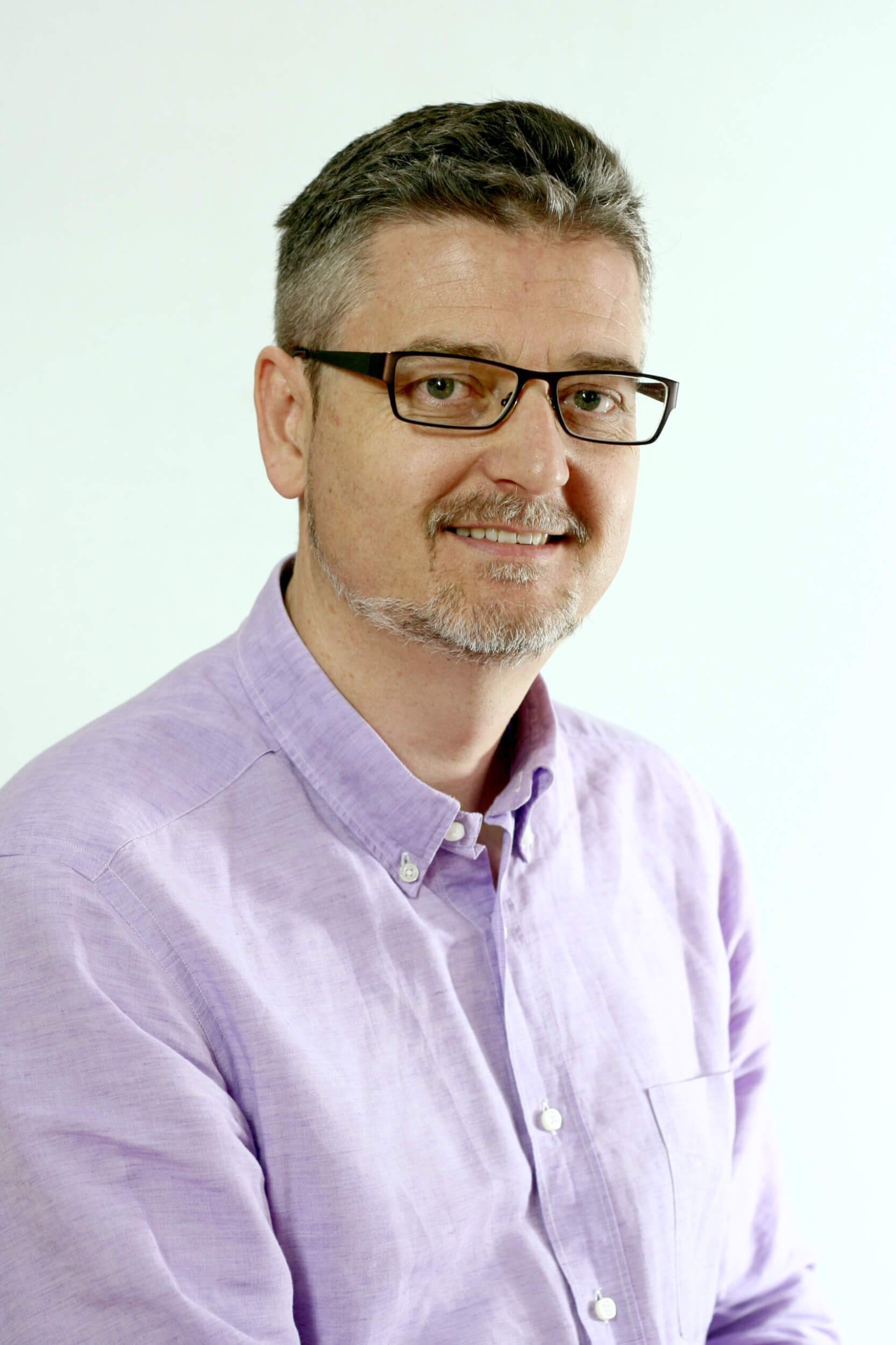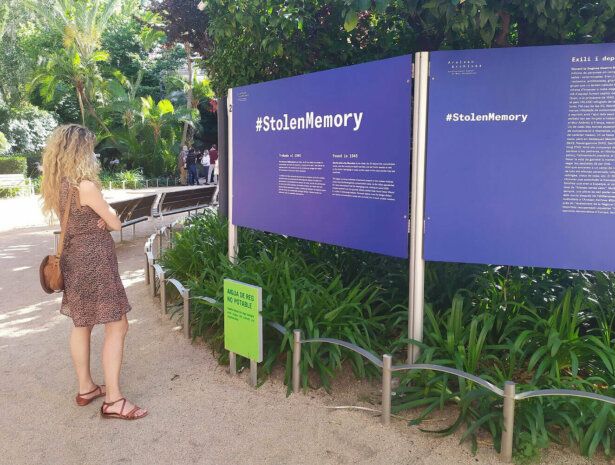The #StolenMemory exhibition
in Murcia

To celebrate International Archives Week, the Arolsen Archives are opening a #StolenMemory exhibition in partnership with the General Archive of the Murcia region. The 20 posters in the exhibition primarily focus on the fates of victims of Nazi persecution from the Murcia region as well as from elsewhere in Spain.
Many of them had fled to France in the face of persecution by Franco’s troops. Later, the Nazis deported them to the Neuengamme concentration camp and confiscated all their belongings. The Arolsen Archives still hold some of these objects to this day and have not given up hope of returning them to the families of their owners.
We spoke to Javier Castillo Fernández, Director of the General Archive of the Murcia Region:
The #StolenMemory exhibition which is opening in Murcia on June 10 shows the impact of Nazi persecution on the lives of twenty individuals. Seven of them are men and women from Murcia or the surrounding area. How important is this exhibition for you and for the General Archive of the Murcia Region?
Javier Castillo Fernández: It is extremely important for us as it coincides with International Archives Week, an initiative we have been taking part in since 2012 by running various informative events and putting on an exhibition that is relevant to us. What is more, the opportunity to show #StolenMemory served as an incentive for us to organize a large parallel exhibition at the same time, which is dedicated to the memory of the 400 people from the Murcia region who were victims of the Nazi camps. This exhibition honors and pays tribute to these people and is the first to deal with the topic at regional level (there have already been a number of local initiatives in individual cities).
The experience of working with the families and with the various associations that responded to our call was very impressive as they contributed a large amount of biographical information, letters, photos, and all kinds of documents. Thanks to this material and to the dossiers held by the Arolsen Archives and other archives, we are planning to build up a large database which will bring all this information together. This database will be constantly updated and will be accessible to the general public. We have also been deeply touched by the expressions of gratitude we receive from families for putting on this exhibition.

»We are proud to be able to participate in promoting this humanitarian initiative.«
Javier Castillo Fernández, Director of the Archivo General de la Región de Murcia
How would you describe the culture of remembrance in connection with Spaniards who were deported by the Nazis? How can this exhibition provide more information?
Javier Castillo Fernández: Like many other aspects of our recent past, the phenomenon of the deportation of Spaniards is something the Spanish public were almost completely unaware of. Only recently, coinciding with the publication of the Libro Memorial (Memorial Book) by Benito Bermejo and Sandra Checa in 2006, has it been possible to conclusively state and know the fate of the nearly 10,000 Spaniards who were interned in the Nazi camps. From that point on (despite a long tradition of justification), academic knowledge and its public dissemination were facilitated, as were popular and official recognition for the last surviving deportees, and an increasing number of local and regional studies.
#StolenMemory is a fascinating initiative because we can use specific personal items to unearth the stories that lie behind them. This approach enables us to get to know their owners, follow their individual path through the Nazi concentration system, and empathize with their suffering.
What does it mean for Spanish society that most of the victims of Nazi persecution were unable to return home after the war because they were still seen as enemies?
Javier Castillo Fernández: When General De Gaulle expressed his gratitude to the thousands of foreigners who had fought for the liberation of France in a speech he made in Toulouse in 1944, he concluded with the well-known phrase “And now go back to your homes… ,” something that was impossible for most Spanish anti-fascists. Their situation was truly unique. Many of them had already suffered three years of civil war in their own country, followed by the bitterness of exile, before going on to fight alongside the Allies against Nazism, hoping that Franco’s regime would be brought down once the world war had been won. But that never happened.
The situation of the survivors of the Nazi camps was similar. Only very few of them returned to Spain, and most of those who did suffered what is known as “internal exile.” While they were recognized and honored in France, and while Germany eventually recompensed them for part of their suffering by providing economic compensation, things were very different in their own country, where a cloak of silence and oblivion that lasted for decades was thrown over the sacrifices they had made. As a result, their story was ignored until recently, when most of them had already died, as we have pointed out.
How would you describe the importance of #StolenMemory as far as attempts to return the property of the victims to their families are concerned?
Javier Castillo Fernández: It is a wonderful initiative which has great symbolic value. Finding the victims’ relatives – ordinary citizens played an important role here – and returning their personal property to their families helps heal wounds that are still open and, at the same time, makes the whole of society aware of the danger of totalitarianism that seems to be spreading once more in Europe. We are proud to be able to participate in promoting this humanitarian initiative.
The exhibition will be on show at the Archivo General de la Región de Murcia in Murcia, Spain, until September 30, 2021.


